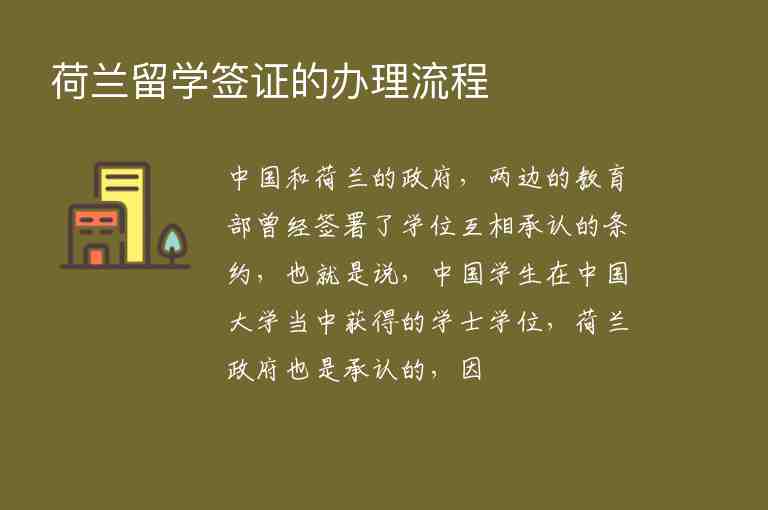智者千虑,必有一失是指具有智慧的人在做出决策或行动时,经过深思熟虑,仍然可能会出现失误或错误。这句话强调了即使是最明智的人也无法保证百分之百的成功,因为人类的认知能力和判断能力都是有限的。它也提醒我们要谨慎行事,不要因为自信而忽略细节,以免造成不必要的损失。
How to pronounce: zhì zhě qiān lǜ, bì yǒu yī shī (pinyin: zhi4 zhe3 qian1 lv4, bi4 you3 yi1 shi1)
Usage: 这句话通常用来形容一个人在做出决策时需要谨慎思考,以免因一时冲动而导致不良后果。
Example sentences:
1. 智者千虑,必有一失。即使是最聪明的人也难免会犯错。
The wise may have a thousand plans, but they are bound to make mistakes. Even the smartest person is not immune to making mistakes.
2. 他们在制定计划时,忘记了这句话——智者千虑,必有一失。
They forgot this saying when making their plans - the wise may have a thousand plans, but they are bound to make mistakes.
3. 我们需要谨慎考虑每一个决定,因为智者千虑,必有一失。
We need to carefully consider every decision, for the wise may have a thousand plans, but they are bound to make mistakes.
4. 即使是最聪明的人也无法避免智者千虑,必有一失的情况。
Even the smartest person cannot avoid situations where the wise may have a thousand plans, but they are bound to make mistakes.
5. 智者千虑,必有一失,但我们可以从错误中吸取教训。
The wise may have a thousand plans, but they are bound to make mistakes. However, we can learn from our mistakes.
Synonyms and usage:
1. 智者千虑,必有所失 (zhì zhě qiān lǜ, bì yǒu suǒ shī): 与“智者千虑,必有一失”意思相同,强调即使是最明智的人也难免会犯错。
2. 谨慎行事 (jǐn shèn xíng shì): 强调做事要谨慎小心,以免出现意外或错误。
3. 小心翼翼 (xiǎo xīn yì yì): 指做事要小心谨慎,避免出现差错。
4. 谨慎思考 (jǐn shèn sī kǎo): 指在做出决策时要深思熟虑,避免因一时冲动而导致错误。
5. 谨慎考虑 (jǐn shèn kǎo lǜ): 强调在做出决策时要仔细权衡利弊,以免后悔。
Editor's summary: 这句话提醒我们即使是最明智的人也无法避免犯错,需要谨慎行事。它也强调了做事要有计划和深思熟虑的重要性。同时,它也提醒我们要从错误中吸取教训,不断进步。
